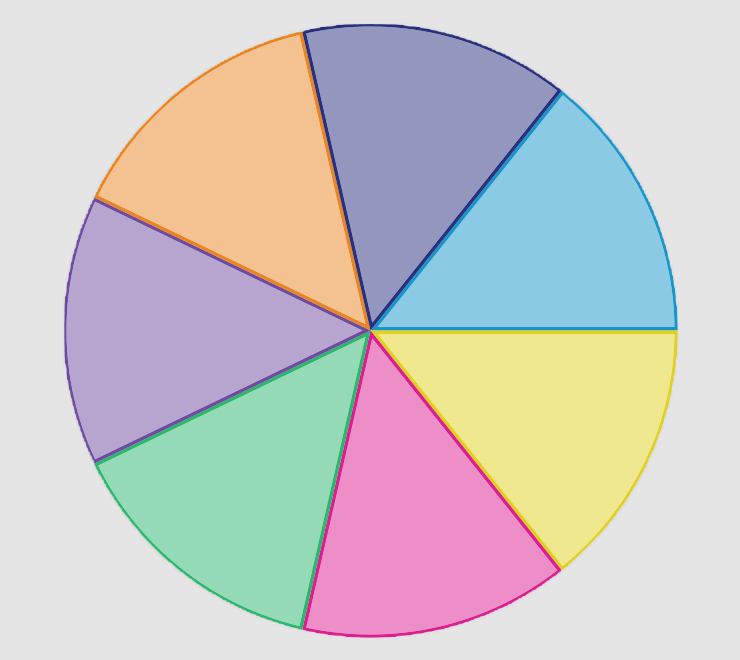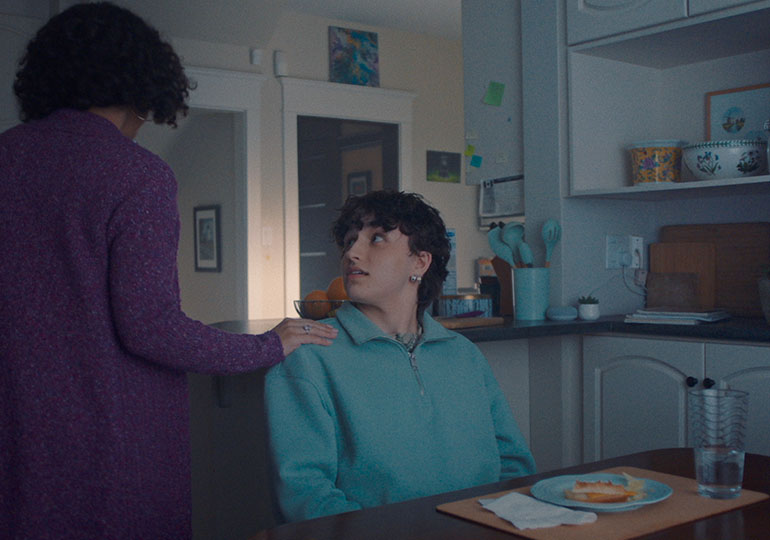Does mental health feel like a confusing concept? Although it’s talked about now more than ever, it’s OK if you’re still unsure what it means. Mental health is different for everyone, and talking about it can bring up strong emotions. Here, Kids Help Phone shares a structure for understanding mental health so you can feel empowered to talk about it.
What is mental health?
Mental health is a range of thoughts, feelings and experiences that make up your overall mental, emotional and spiritual well-being. Your mental health is impacted by a number of different things that are unique to you, so no one person’s experience is the same.
Some factors that can influence your mental health include:
- your physical health
- school or work
- your community and social support
- your family, friends and other relationships
- spirituality
- experiences of prejudice or discrimination (e.g. colonialism, racism, ableism, sexism, homophobia and others)
- past trauma and/or ongoing traumatic experiences
- gender, age, race or ethnic background
- access to services and support (e.g. income, food insecurity, housing, job security and others)
- the tools you’ve learned for coping with and handling tough emotions
- stigma and barriers that impact your ability to reach out
- and more
What are mental health challenges?
Because so many things impact your mental health, it’s common to experience challenges from time to time. School, family, work and physical health may all seem separate, but are actually connected. When one thing changes, it can affect other areas of your life and as a result, impact your mental health. For example, if you’re not feeling well and can’t see your friends or participate in activities you enjoy, you may feel sad, lonely, stressed, worried, etc. No matter how you’re feeling, your experience is valid and it’s important to reach out for support when you need it.
What are mental disorders?
Sometimes when people experience mental health challenges they can develop a mental disorder. Mental disorders are very common. In any year, one in five people in Canada will experience mental health challenges or a mental disorder, and they’re nothing to be ashamed about. Mental disorders can affect anyone. You may experience them personally or know someone like a family member, friend or classmate that does. A mental disorder is a clinical diagnosis — such as depression, anxiety, eating disorders, etc. — that can be made by a doctor or psychologist. They are usually caused by a combination of things happening in your body as well as in your environment (i.e. in your own life and in the world around you). Know that it’s not your fault if you develop or experience a mental disorder.
It’s possible to live with a mental disorder and still be mentally healthy. For example, you may have a diagnosis of depression, but with a combination of treatment (therapy, medication, exercise, peer-to-peer support, etc.) and/or positive coping strategies, you can attend school and/or work, maintain relationships and live an enjoyable and fulfilling life. Even if two people have the same mental disorder, it may look and feel different because everyone’s coping strategies are different.
Mental health is a spectrum
Experiencing periods where you feel mentally unhealthy does not automatically mean that you have a mental disorder. It may be signalling to you to practice more self-care, learn new strengths to manage challenges and reach out for help from others. It may be helpful to take a moment right now to think about the support and tools that are available to you and reflect on what helps you to feel better when going through difficult times. If you or someone you know is struggling with mental health challenges, there are many different options for support and treatment. Wherever you fall on the spectrum of mental health, you’re not alone.
Resources to support your well-being
When you start to experience mental health challenges and difficult feelings, it’s helpful to try activities you enjoy and practice self-care — meaning positive coping strategies. Coping strategies include breathing exercises, practicing mindfulness, talking to a safe adult or friend, connecting with your community, journaling, being creative and speaking with a counsellor or therapist, among other things. They can help you get back to feeling like your best self.
Learning about mental health can empower you with the language to communicate how you’re feeling and take care of your well-being. If you ever need support for your mental health, it’s important to reach out for help. You can always talk to a friend, Elder, counsellor, teacher or parent/caregiver for support.


















